Search Definitions
Browse Content (p. 32)

Definition
Alchemy
Alchemy is an ancient practice aimed at recreating precious substances using recipes and transformative materials such as the philosopher's stone. Alchemists believed that materials like gold, silver, gems, and purple dye could be recreated...
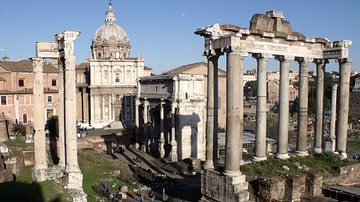
Definition
Quaestor
The quaestor ("the one who asks questions") was the oldest and lowest office on the cursus honorum, or "path of honor" in ancient Rome. Considered a stepping stone to higher office in the Roman government, the duties of the quaestor ranged...

Definition
Catherine the Great
Catherine II of Russia (Catherine the Great) was empress regent of Russia from 1762-1796. She was born in Prussia to Prince Christian August of Anhalt-Zerbst (1690-1747) and Princess Johanna Elisabeth of Holstein-Gottorp (1712-1760), and...
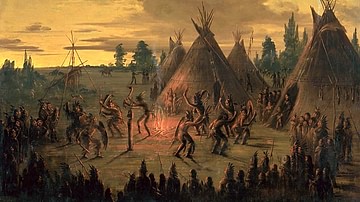
Definition
Native Peoples of North America
The Native Peoples of North America (also known as American Indians, Native Americans, Indigenous Americans, and First Americans) are the original inhabitants of North America believed to have migrated into the region between 40,000-14,000...
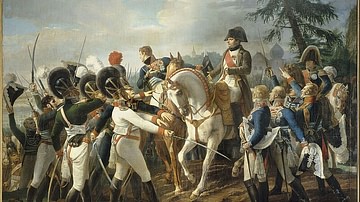
Definition
War of the Fifth Coalition
The War of the Fifth Coalition (1809) was a major conflict of the Napoleonic Wars (1803-1815) that was fought primarily in Central Europe between the First French Empire and its client states against the Austrian Empire, supported by the...
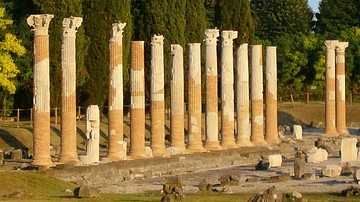
Definition
Aquileia
The ancient city of Aquileia was situated near the head of the Adriatic Sea west of the Roman province of Illyria. The strategic location of the city served a crucial role in the expansion of the Roman Republic by serving as a buffer against...
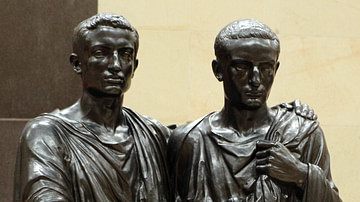
Definition
Gracchi Brothers
Tiberius Sempronius Gracchus (c. 163-133 BCE) and his younger brother Gaius (c. 154-121 BCE) were tribunes of the plebs in the Roman Republic. Serving in 133 BCE, Tiberius introduced a land reform but was beaten to death after his term. Eleven...
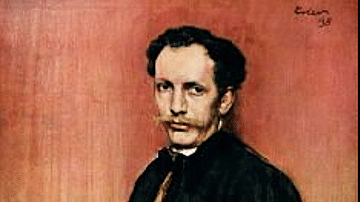
Definition
Richard Strauss
Richard Strauss (1864-1949) was a German conductor and composer of both innovative late-Romantic and Modernist music. He is best known for his symphonic poems and operas like Salome and Elektra, both of which caused a sensation. Strauss gained...
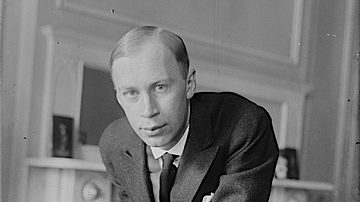
Definition
Sergei Prokofiev
Sergei Prokofiev (1891-1953) was a Russian composer (born in Ukraine) who was at the forefront of the Modernist music movement. His symphonies, orchestral suites, and ballets display endless variety and complexity. His most famous works today...
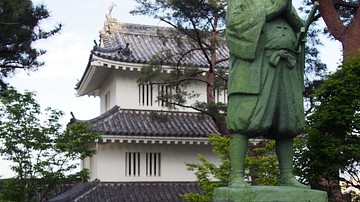
Definition
Shimabara Rebellion
The Shimabara Rebellion was a peasant uprising that occurred from 17 December 1637 to 15 April 1638 in Japan's southern island of Kyushu. Economic desperation, famine, and religious persecution led the peasants of the Shimabara peninsular...